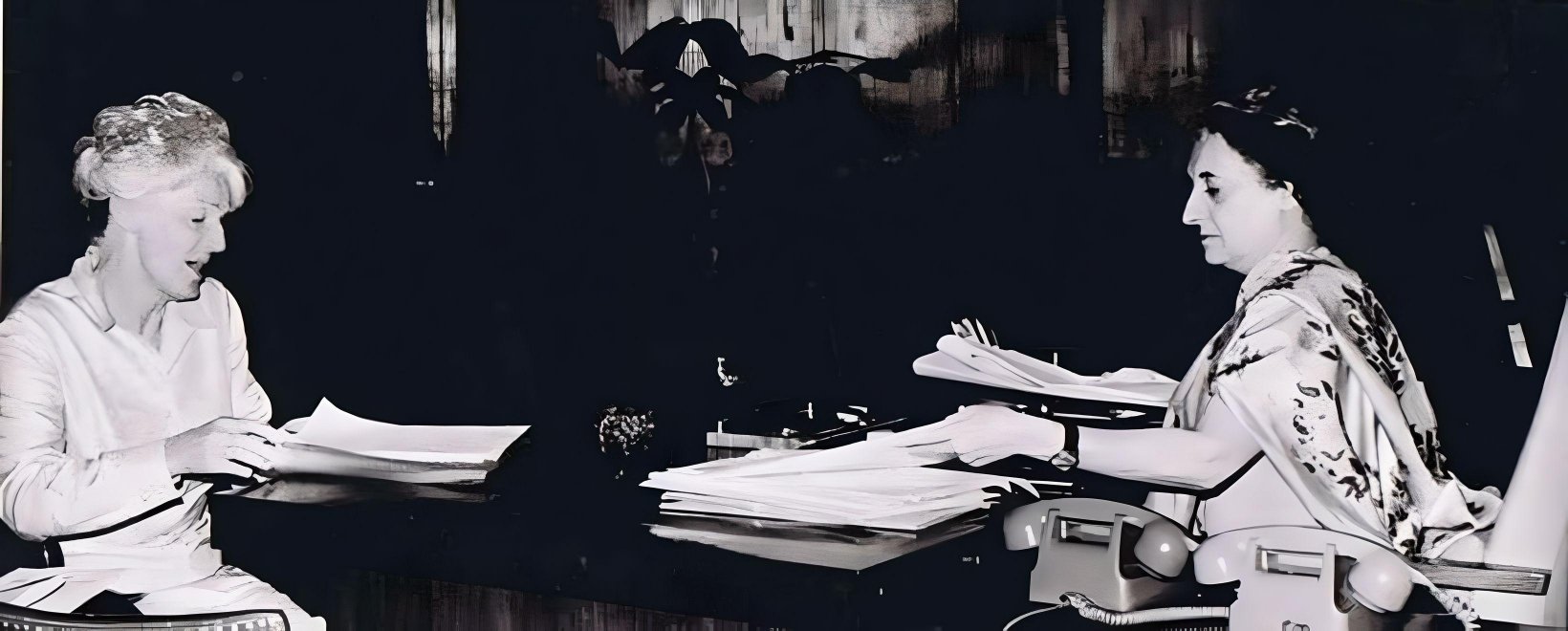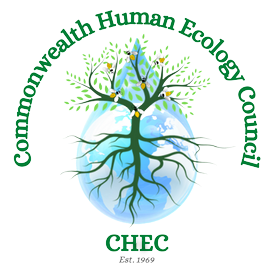
Our History
The Commonwealth Human Ecology Council (CHEC) was founded in 1969 by Zena Daysh (1914-2011), a world renowned campaigner for human ecology, the philosophy she developed during the war years as a framework for development planning.
Zena’s work brought issues surrounding environmental changes at the heart of the international development agenda long before climate change emerged as a global concern. At the First Commonwealth Conference on Development and Human Ecology held at Malta in 1970, human ecology was put at the forefront of development planning and CHEC was given consultative status at the UN Economic and Social Council (ESOSOC) the same year.
By the turn of the millennium, CHEC had established links to universities and heads of governments throughout the Commonwealth. CHEC continues Zena’s legacy of work with both the Commonwealth and the UN.
In recent years, CHEC has developed a close partnership with UNEP/UNCHS in Nairobi, focusing the combined programmes of the United Nations and the Commonwealth to implement the Habitat Agenda. Eventually CHEC played a key role in establishing a pan-Commonwealth ministerial/senior official, NGO and professional collaboration known as the Commonwealth Consultative Group on Human Settlements (CCGHS) with its administrative committee COMHabitat.
Read more about CHEC’s earlier work here.
“No subject is causing such world-wide concern as Human Ecology. It may be referred to by a dozen other names but in effect it is the same concern for the future of mankind and the future of all life on this infinite globe. It is an immensely difficult subject as it involves value judgements, consciences and a mass of conflicting interests. I suspect that the sheer complexity of the problem has tended to discourage people from tackling it. I am therefore delighted that the Commonwealth Human Ecology Council is taking this important initiative and I hope very much that the first conference in Malta will trigger off a chain reaction of enquiries and discussions.”
– H.R.H. Prince Philip, Malta 1970
CHEC’s founder, Zena Daysh with the third Prime Minister of India, Indira Gandhi in 1983
CHEC’s Achievements
CHEC’s recent work has seen it continue to promote Commonwealth-wide co-operation on human ecology for development programming. To this end, CHEC works at agency-level through conferences and meetings to build plans and partnerships between UN and Commonwealth agencies and national governments.
In 2012, CHEC launched a project to harness women’s micro-enterprises for climate change adaptation and resilience. The project focused on women from small island states and involved business training and capacity building for coping with climate change. CHEC continues to build capacity and knowledge-sharing networks amongst rural communities. This has involved raising awareness about the importance of Mangroves in West African countries (Ghana, Cameroon, Nigeria, and The Gambia). CHEC has also been involved in gender mainstreaming water resource management projects in the Lake Victoria basin. Here, CHEC collaborated with the Community-Based Impact Assessment Network for East Africa (CIANEA) to allow women greater decision-making input in the local management of water.
CHEC has recently participated in a large scale partnership for ensuring sustainability of fisheries in several Commonwealth countries. CHEC’s work involved case studies of fisher-folk livelihoods and civil society consultations.
CHEC’s human ecological approach saw it emphasise the need for a process of engagement with the local communities involved in the management of its natural resources, as well as an integrated understanding of local economics, cultural traditions and customary uses of marine resources.
In 2019, for our 50th anniversary, we updated the CHEC Achievements document. CHEC it out here!
Zena Daysh receiving the UNHabitat Scroll of Honour in 2003
“Geography is a sub-soil of culture. Whatever might be one’s natural environment, tropical, temperate, polar or desert one is somehow deeply bound to it both biologically and psychologically. Even our spiritual experience and religious icons are environment-related… There is no holiday from the life of ecology.”
– Governor of Rajasthan, His Excellency Prof. D.P. Chattopadhyaya to the CHEC Asian Seminar, 1991









